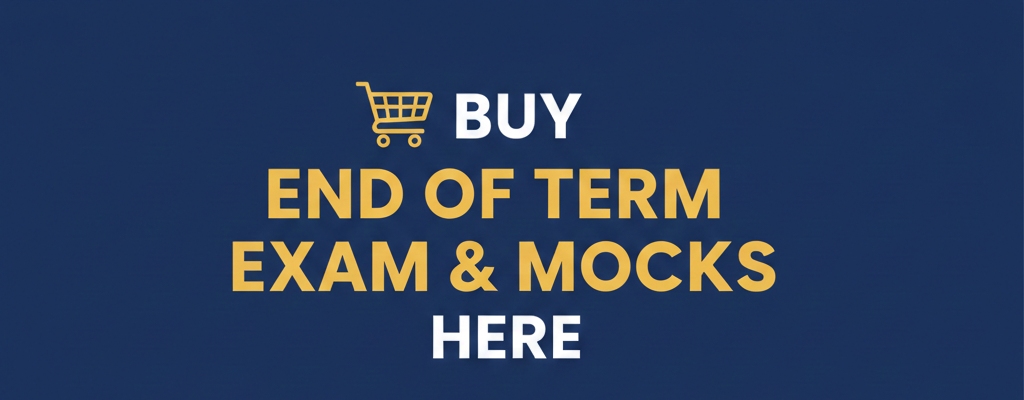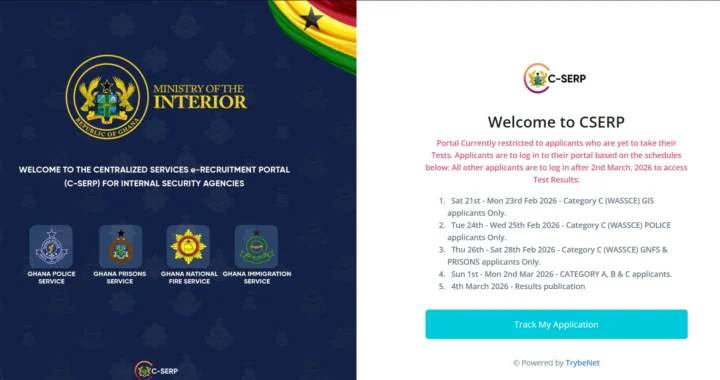Early Childhood Education Degree Jobs: What You Can Do with Your Degree

If you’re passionate about working with young children and helping them learn and grow, an early childhood education degree may be the right choice for you.
With an early childhood education degree, you’ll be qualified to work in a variety of settings, including preschools, kindergartens, childcare centres, and after-school programs.
Senior High School graduates who want to impact lives and young brains are encouraged to consider an Early Childhood Education Degree at the university because the opportunities this degree offers are countless.
Jobs you can get with an early childhood education degree
- Preschool teacher: Preschool teachers are responsible for teaching and caring for children ages 3 to 5. They develop lesson plans, lead activities, and help children learn and grow in a variety of areas, including social, emotional, physical, and cognitive development.
- Kindergarten teacher: Kindergarten teachers teach children ages 5 to 6 the basic skills they need to be successful in elementary school. They teach reading, writing, maths, and science, as well as social and emotional skills.
- Child care worker: Child care workers provide care and supervision for children of all ages. They may work in a variety of settings, including childcare centres, preschools, and homes.
- Early childhood educator: Early childhood educators teach and care for children ages 0 to 8. They may work in a variety of settings, including preschools, kindergartens, childcare centres, and home-based programs.
- Head Start teacher: Head Start teachers work with children ages 3 to 5 and their families to help them prepare for kindergarten. They provide educational and social services, as well as support for families.
- Nanny: Nannies are responsible for the care and supervision of children in a private home setting. They may work full-time or part-time, and they may be responsible for children of all ages.
- Au pair: Au pairs are live-in caregivers for children in a private home setting. They are typically from another country, and they participate in an exchange program that allows them to live and work in the United States for one year.
- Early intervention specialist: Early intervention specialists work with children ages 0 to 3 who have developmental delays or disabilities. They provide services to help children reach their full potential.
- Family support worker: Family support workers provide support to families with young children. They may work in a variety of settings, including childcare centres, Head Start programs, and home-based programs.
- Home visitor: Home visitors visit families with young children in their homes to provide support and education. They may work for a variety of organizations, including public health departments, non-profit organizations, and government agencies.
- Child development specialist: Child development specialists work with children of all ages to help them reach their full potential. They may work in a variety of settings, including schools, hospitals, and clinics.
- Early childhood education administrator: Early childhood education administrators oversee the operations of early childhood education programs. They may work in preschools, kindergartens, childcare centres, or other settings.
In addition to these specific jobs, an early childhood education degree can also prepare you for a variety of other careers in education, child development, and social work. For example, you could work as a school counsellor, social worker, or child therapist. You could also work in research or policy development.
How to Get an Early Childhood Education Degree
To get an early childhood education degree, you can enroll in a program at a community college, four-year college, or university. Most programs require students to complete a combination of general education courses and courses specifically focused on early childhood education. Some programs also require students to complete an internship or practice in an early childhood education setting. Our post titled, Early Childhood Education Degree: A Comprehensive Guide for Preschool Teachers is a must-read for you.
What to Expect in an Early Childhood Education Degree Program
In an early childhood education degree program, you will learn about the following topics:
- Child development
- Early childhood education theory and practice
- Curriculum development and planning
- Assessment and evaluation
- Classroom management
- Parent-teacher collaboration
- Diversity and inclusion
You will also have the opportunity to observe and work with children in a variety of early childhood settings.
Job Outlook for Early Childhood Educators
The job outlook for early childhood educators is positive. The U.S. Bureau of Labour Statistics projects that employment of preschool and kindergarten teachers will grow 10% from 2020 to 2030, much faster than the average for all occupations. This growth is due to a number of factors, including the increasing number of children entering preschool and kindergarten, as well as the growing demand for early childhood education services.
Salary Outlook for Early Childhood Educators
The median annual salary for preschool and kindergarten teachers in 2021 was $30,350. However, salaries can vary depending on experience, education, and location.





 Ghana’s First Aptitude Practice Online Service Launched by Education-News Consult
Ghana’s First Aptitude Practice Online Service Launched by Education-News Consult  Master Security Services Aptitude Test: Solve All Likely Questions on skulmanager.com/aptitude/test
Master Security Services Aptitude Test: Solve All Likely Questions on skulmanager.com/aptitude/test  New Aptitude Test Dates for GIS, Police, and Prisons Recruitment 2026 Out
New Aptitude Test Dates for GIS, Police, and Prisons Recruitment 2026 Out